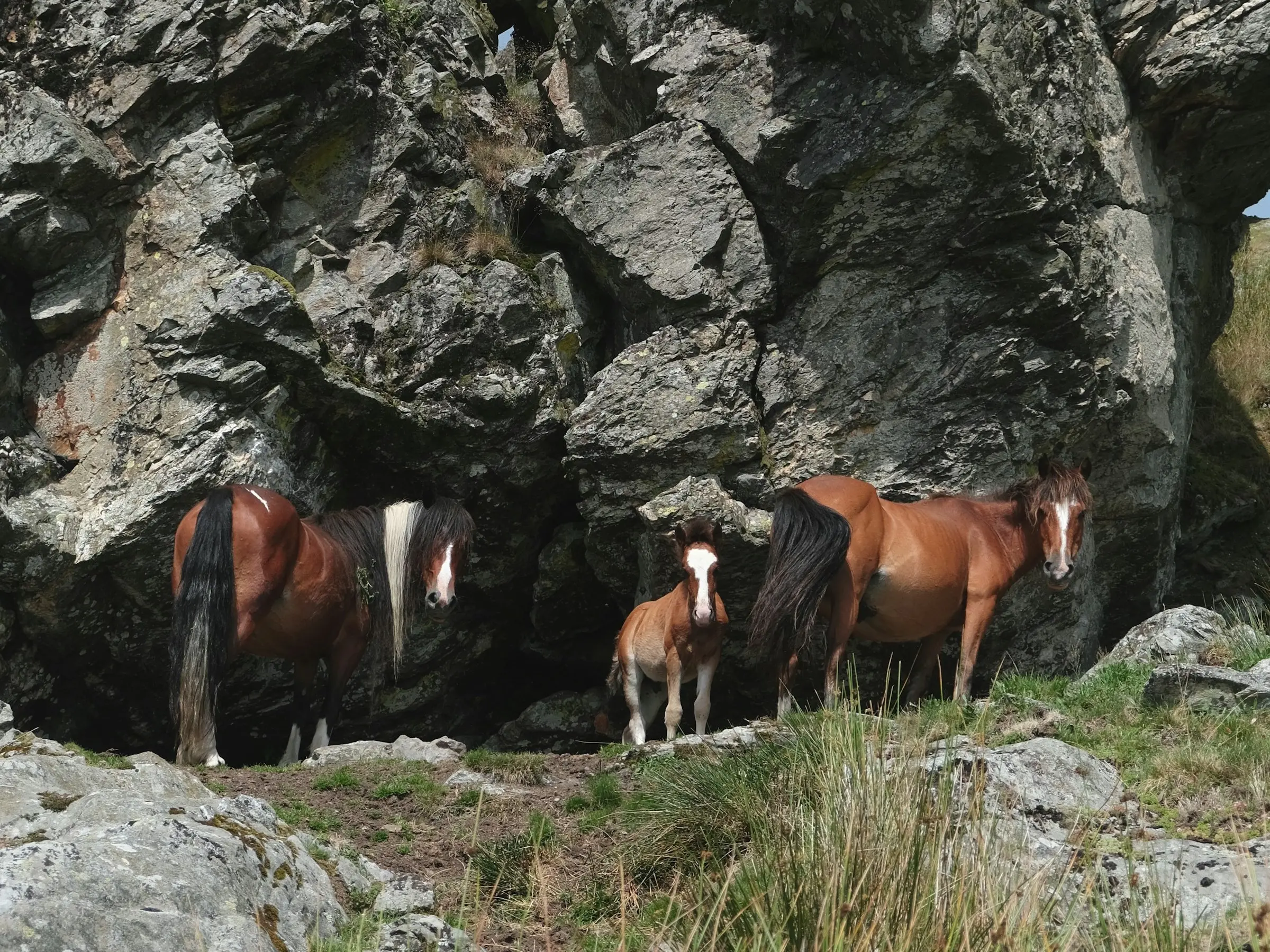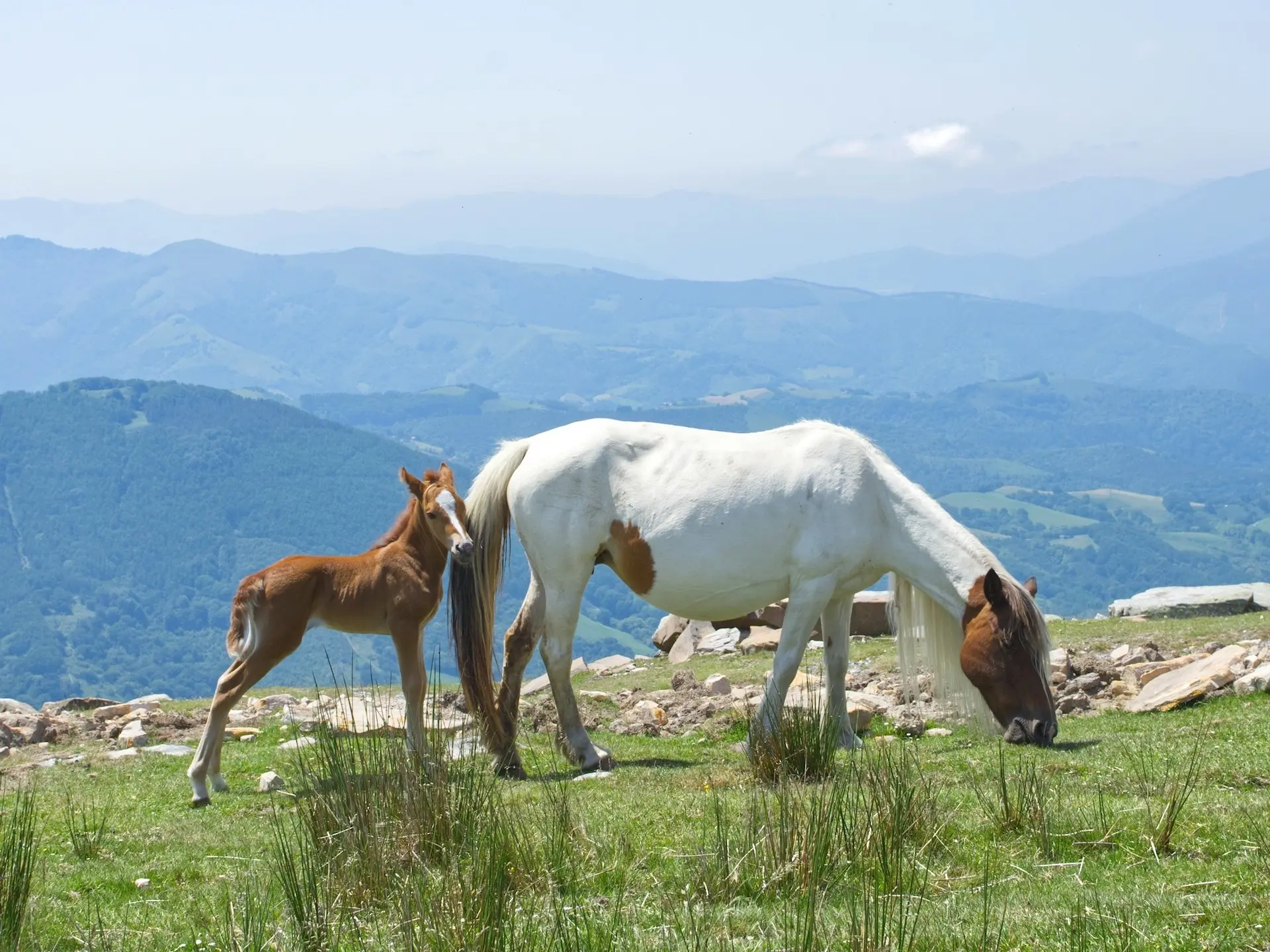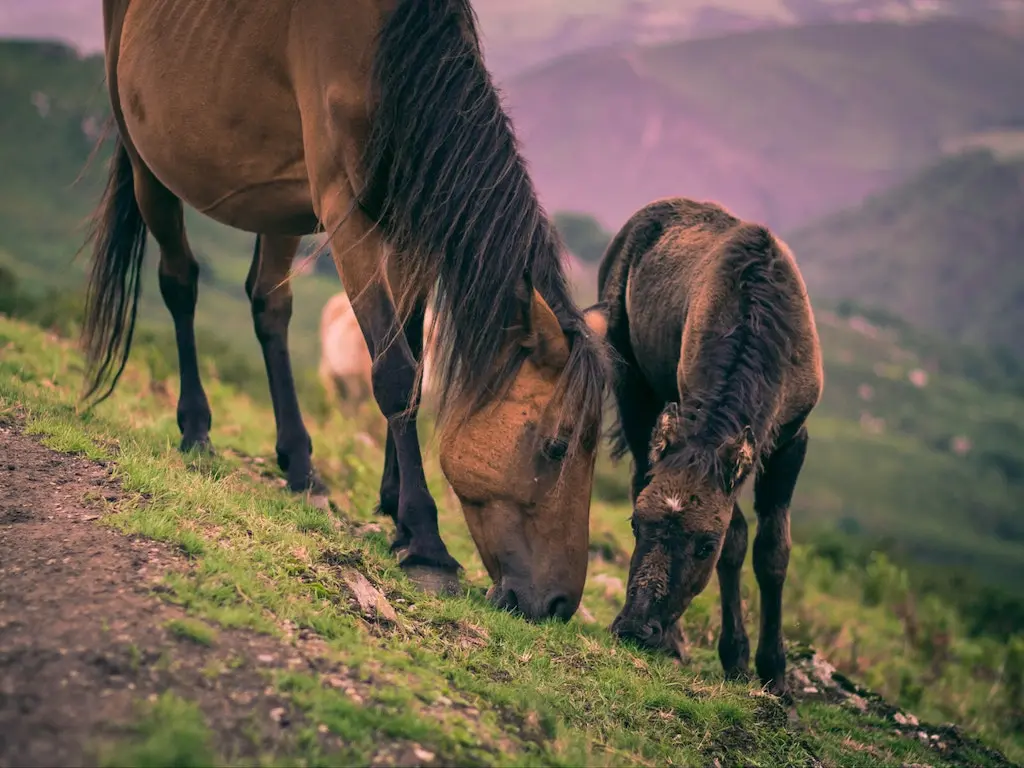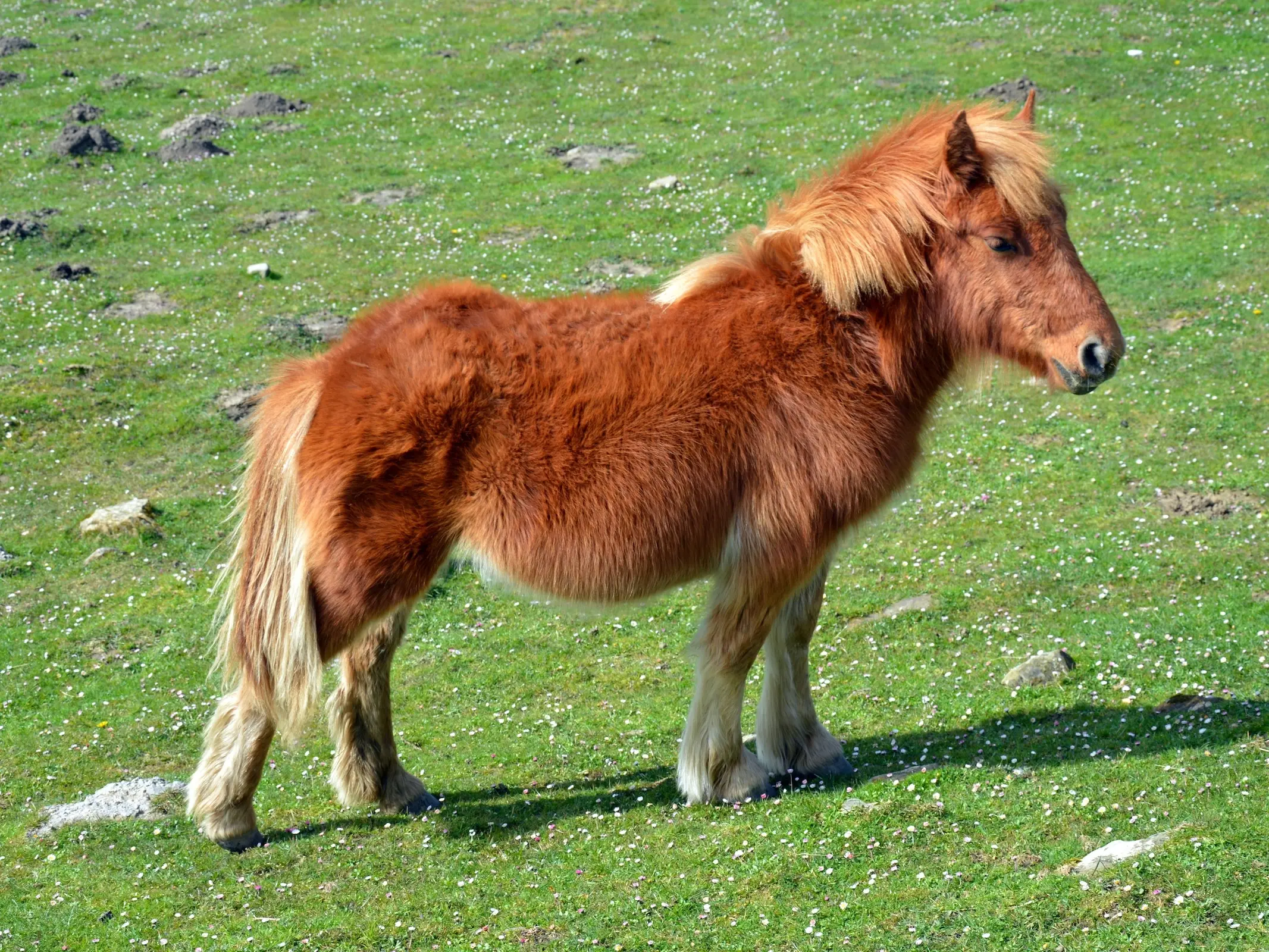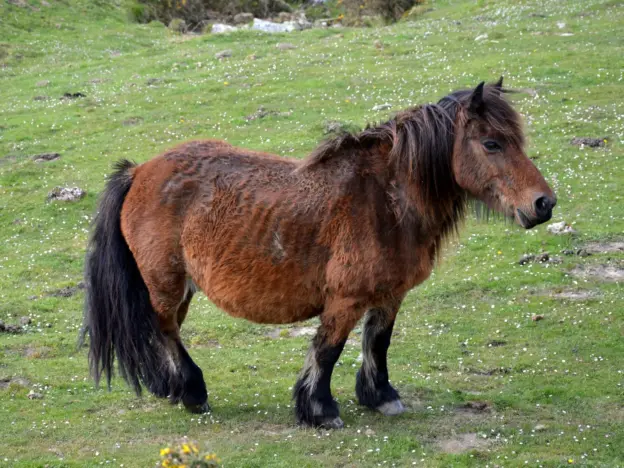Intro
Also called Basque Ponies, Poney Vasco and Pottoka, Pottoks are left to live wild in the Pyrenees of the Basque Country in Spain and France. The last Wednesday of January they are rounded up, their numbers cut for market and the remaining animals are branded, then released again.
Origins
This is a small ancient pony breed that has roamed wild in the Pyrenees for centuries and may date back 10,000 years. They are thought to be descendant of the Magdalenian horses of 14,000 – 7,000 B.C. Rapid growth to maturity helps these animals survive the harsh climate in which they live, they are fully grown by the time they are 2 years of age.
Early in the 20th century Basque ponies were used as pit ponies in French and British mines. Later, their mild temperament and easy nature made them popular as children’s mounts. Arabian and Welsh pony blood has been introduced to the breed for further refinement as riding ponies.
Modern Basque Pony
Today these sturdy ponies are protected and efforts are being taken to preserve their ancient bloodlines. They were the first Basque horse breed to be included in the list of indigenous Basque breeds requiring conservation efforts in June 1995. Sadly, their status was classified as endangered.
There are several reserves dedicated to protect the pony in its native environment, although there is debate about how best to grow their low numbers. Purists don’t want to add outside blood, while others want selective crossbreeding to build numbers. Although there is some cross-breeding, the French plan to preserve the breed and keep a number of stock that is to remain of pure blood.
Features
Average height 11.2 – 13 hands
Hardy and easy to care for
Physique
Large head with short ears and lively eyes
Neck is short
Back is long
Legs are strong
Hooves are small and hard
Traditional Colors
Temperament
Docile and kind
Willing and even-tempered
Use
Performing ponies
Riding pony
Competition pony
Helpful Links
Pottock, Association française du poney Pottok
Basque Pottoka Association
Spanish Official Breeds Catalogue
More Images
